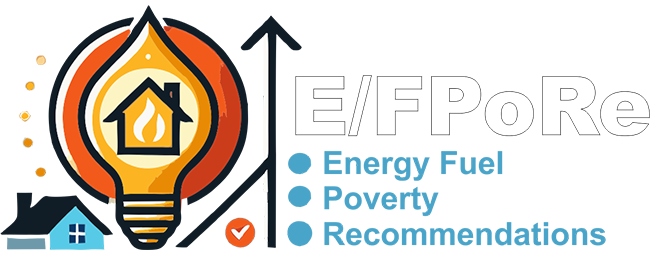An overview of South Europe's energy-related aspects of poverty
How it works
The research team is well prepared to take advantage of the tremendous international interest in energy poverty and, particularly, the impact on the citizens, especially on poor households. The proposed research can thus lead to publications in a relatively short period. Some of the long-term benefits (perhaps the most important) related to the scientific perspective of the proposal are difficult to predict from the outset, as they are primarily linked to synergy dynamics and the impact of results from the implementation of research. At the current planning stage, there is the expectation that the proposed research will contribute in the long run to:
- policy proposals on issues of great economic and social scope. Particular progress is expected on how public policies affect households in facilitating their energy needs without pushing them to poverty levels.
- the interdisciplinary status of energy poverty. The comparisons and the differences among diverse countries will lead to conclusions with a significant international influence.
- the creation of new actual datasets. The dynamic EFPoRe-SE platform will provide thousands of household observations that could be used for regional analysis.
It has targeted scientific breakthroughs to be achieved by the proposal. Studying the interactions between factors affecting both the individual and the society are considered critical to understanding energy and fuel poverty. The present project seeks added value in:
- examining the phenomenon of energy and fuel poverty. It employs a multidisciplinary approach to exploit 'unseen' aspects of social behavior.
- searching for appropriate techniques and methodologies to study the individual aspects of energy needs. This search includes two distinct tasks:
a) the development of appropriate research tools for the empirical analysis of individual experiences of energy and fuel poverty (e.g., econometric techniques, spatial analysis techniques, statistical methods, analysis micro or panel techniques) and
b) the exploitation of emerging scientific fields which have not been sufficiently exploited to study individual experiences of energy and fuel poverty (e.g., behavioral economics).
- the emergence of policy decisions based on the estimated energy poverty indicators and under several scenarios.



